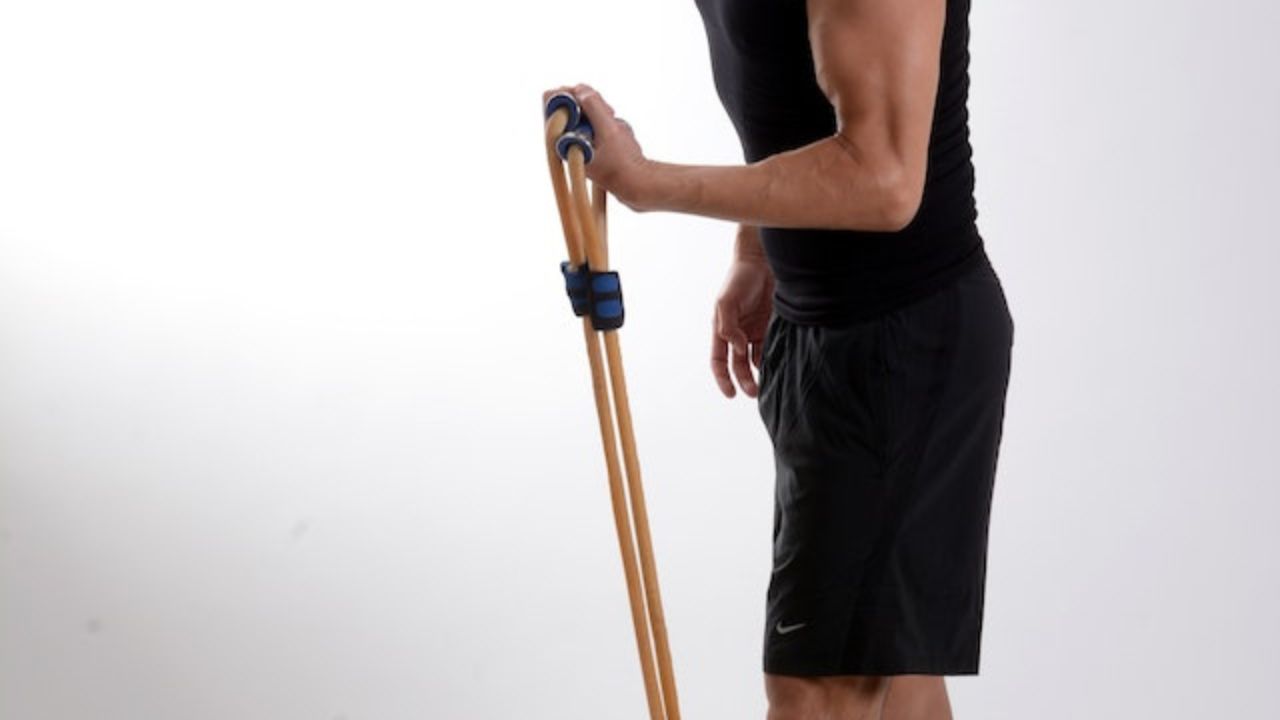
Maintaining motivation during rehabilitation can be challenging, but it is crucial for achieving optimal recovery.
In this article, we will explore ten creative strategies that can help you stay motivated throughout your rehabilitation journey.
From visualizing success to incorporating rewards and incentives, these techniques will provide you with the tools you need to stay focused, inspired, and committed.
Whether you are recovering from an injury or seeking to improve your overall well-being, these strategies will empower you to overcome obstacles and achieve lasting success.
Visualizing Success
The practice of visualizing success can serve as a powerful tool for enhancing motivation and facilitating rehabilitation progress. Positive visualization and mental imagery have been shown to have a significant impact on an individual's mindset and overall well-being.
By vividly imagining positive outcomes and envisioning oneself accomplishing rehabilitation goals, individuals can create a sense of purpose and drive. This technique allows them to tap into their inner strength and resilience, motivating them to persevere through the challenges they may encounter during the rehabilitation process.
Positive visualization helps individuals to focus on the possibilities and opportunities that lie ahead, rather than dwelling on limitations or setbacks. This mental exercise not only boosts motivation but also fosters a sense of empowerment and self-belief, ultimately leading to improved rehabilitation outcomes.
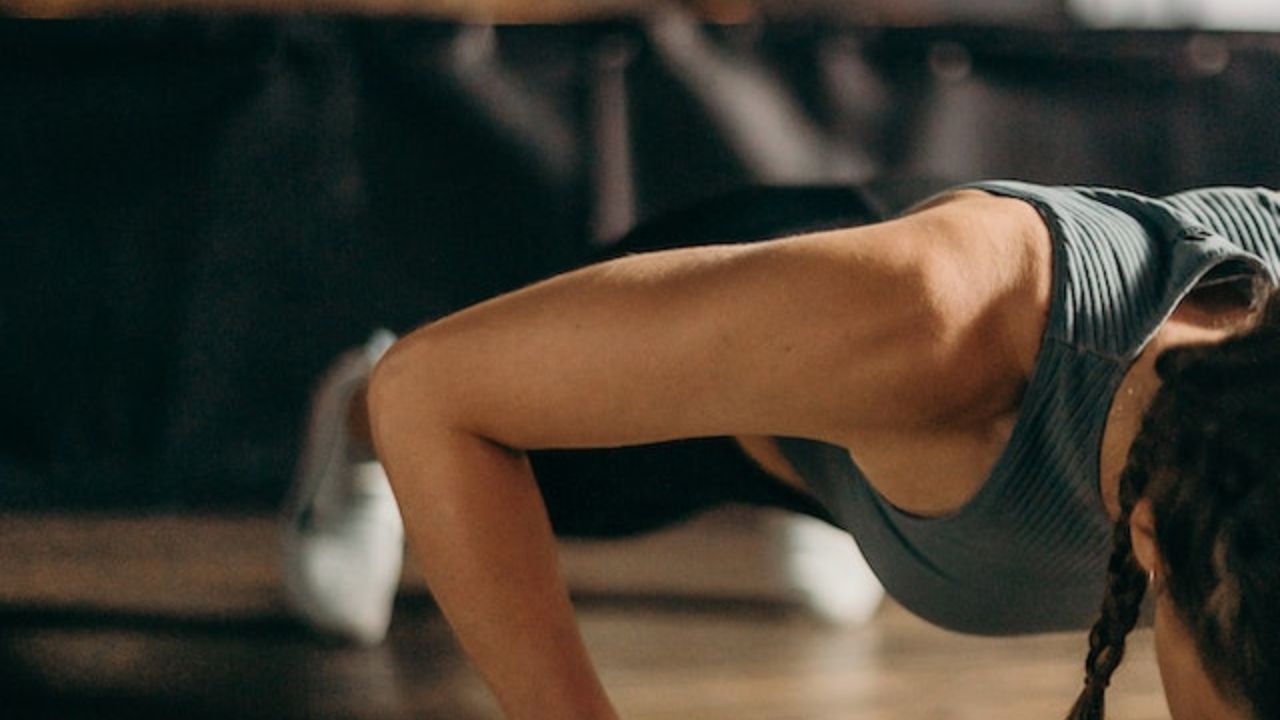
Setting Achievable Goals
One of the key elements in maintaining motivation during rehabilitation is the establishment of achievable goals. Setting goals provides individuals with a sense of purpose and direction, giving them something to work towards and strive for.
When setting goals, it is important to ensure that they are realistic and attainable. This allows individuals to experience small victories along the way, celebrating their achievements and maintaining motivation.
By breaking larger goals into smaller, more manageable tasks, individuals can track their progress and feel a sense of accomplishment as they complete each step. Celebrating these achievements, no matter how small, helps to boost morale and keep individuals motivated to continue their rehabilitation journey.
Incorporating Rewards and Incentives
To effectively maintain motivation during rehabilitation, individuals can enhance their progress by incorporating rewards and incentives, both of which can provide additional motivation and reinforce positive behaviors.
Rehabilitation is a challenging process that requires dedication and perseverance. Intrinsic motivation, which comes from within oneself, is a powerful force that drives individuals to overcome obstacles and reach their goals. However, external motivation in the form of rewards and incentives can also play a significant role in maintaining motivation.
By setting up a system of rewards and incentives, individuals can create a sense of excitement and anticipation, making the rehabilitation process more enjoyable and satisfying. These rewards can be as simple as treating oneself to a favorite activity or item after reaching a milestone or achieving a certain level of progress.
Incorporating rewards and incentives into the rehabilitation journey can help individuals stay motivated and focused on their goals, ultimately leading to a successful recovery.
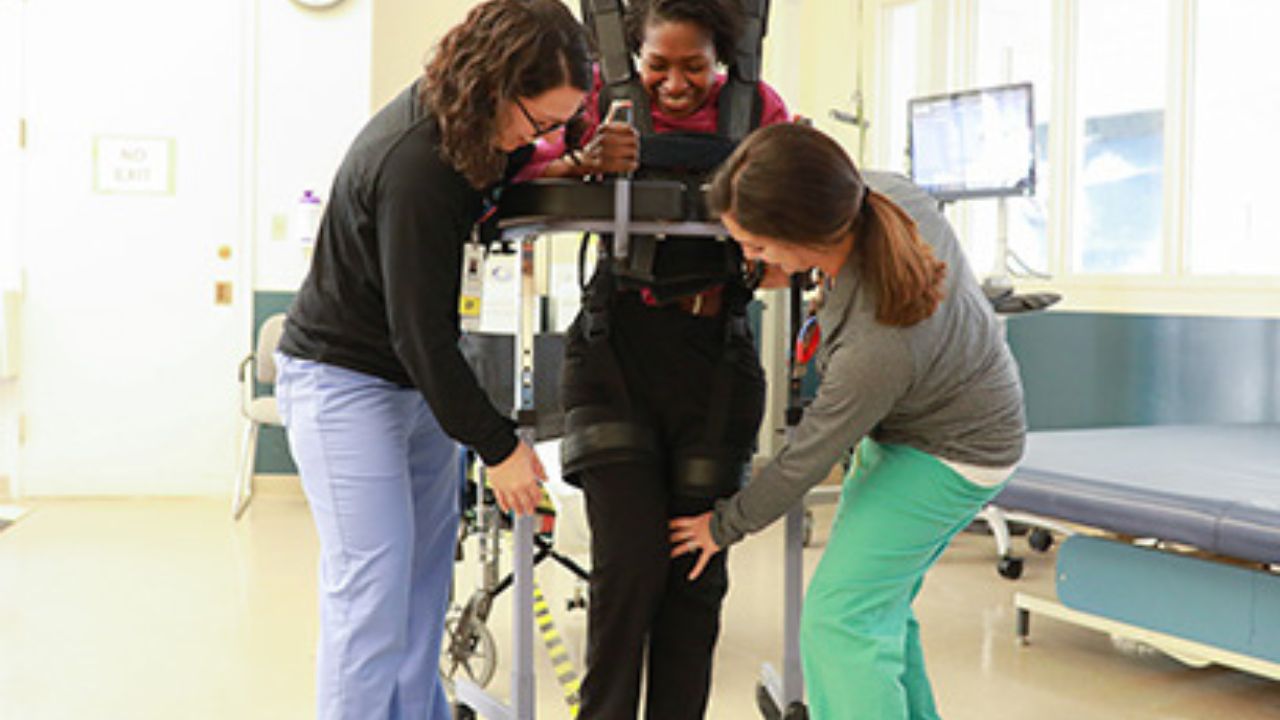
Finding Support and Accountability
In order to ensure long-term success during the rehabilitation process, individuals can benefit from finding support and accountability through various means.
One effective way to find support is by joining support groups. These groups provide a safe space for individuals to connect with others who are going through similar experiences. Support groups offer a sense of belonging, encouragement, and understanding, which can boost motivation and provide a network of people to lean on during challenging times.
Additionally, online communities have become a valuable resource for individuals seeking support and accountability. These communities offer the convenience of connecting with others from the comfort of one's own home, making it easier to access support at any time. Online communities provide a platform for sharing experiences, seeking advice, and celebrating accomplishments, fostering a sense of unity and motivation.
Trying New and Exciting Activities
By engaging in new and exciting activities, individuals can inject a sense of novelty and adventure into their rehabilitation journey, thereby boosting motivation and enhancing their overall progress. Trying new and exciting activities can provide a much-needed break from the monotony of traditional rehabilitation exercises, allowing individuals to explore their capabilities and challenge themselves in different ways.
Here are some adventure sports and outdoor hobbies that can add a thrill to the rehabilitation process:
Rock climbing: Scaling heights and overcoming obstacles can build strength and confidence.
Kayaking: Navigating through waterways can improve coordination and provide a serene escape.
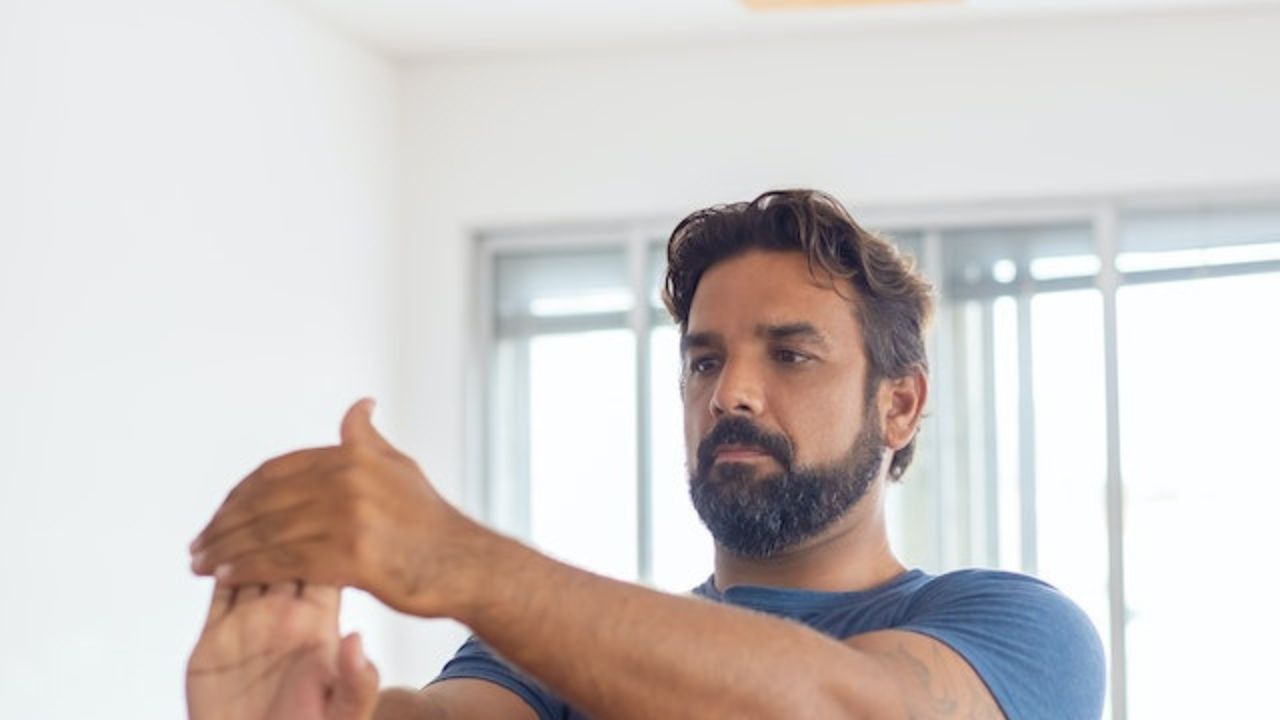
Hiking: Exploring nature trails can improve cardiovascular health and offer a sense of accomplishment.
Mountain biking: Riding through rugged terrains can enhance balance and endurance.
Stand-up paddleboarding: Balancing on a board while paddling can enhance core stability and provide a unique water experience.
These activities not only provide physical benefits but also offer a sense of freedom and excitement, making the rehabilitation journey more enjoyable and motivating.
Tracking Progress and Celebrating Milestones
Throughout the rehabilitation process, individuals can stay motivated and maintain momentum by tracking their progress and celebrating important milestones. Celebrating achievements and measuring improvement are powerful tools that can enhance motivation and inspire individuals to continue their journey towards recovery.
By tracking progress, individuals can see tangible evidence of their improvement, which can serve as a source of encouragement and motivation. Whether it's recording the number of steps taken in a day or measuring the increase in strength and flexibility, tracking progress allows individuals to see how far they have come and provides a clear roadmap for future goals.
Additionally, celebrating milestones, no matter how small, can help individuals acknowledge and appreciate their accomplishments. This recognition not only boosts self-confidence but also serves as a reminder of the progress made, fueling the desire to keep pushing forward.

Practicing Mindfulness and Meditation
The practice of mindfulness and meditation can greatly benefit individuals during rehabilitation by promoting mental clarity and emotional well-being.
Mindfulness techniques, such as deep breathing exercises and body scans, help individuals focus their attention on the present moment and cultivate a non-judgmental awareness of their thoughts and feelings.
By incorporating meditation into their daily routine, individuals can experience a range of benefits, including reduced stress and anxiety, improved sleep quality, enhanced self-awareness, and increased resilience.
Engaging in mindfulness and meditation can also help individuals develop coping strategies and regulate their emotions more effectively, which can be particularly beneficial during the challenging process of rehabilitation.
Focusing on Self-Care and Wellness
During rehabilitation, prioritizing self-care and wellness is essential for maintaining motivation and promoting overall physical and mental well-being. Taking the time for self-reflection allows individuals to understand their needs and make necessary adjustments to their rehabilitation journey.
Engaging in relaxation techniques can also greatly contribute to the healing process. Incorporating activities such as deep breathing exercises, progressive muscle relaxation, and guided imagery can help reduce stress, anxiety, and promote relaxation. These techniques enable individuals to reconnect with their bodies and minds, fostering a sense of calm and balance.
Furthermore, self-care practices such as getting enough sleep, eating nutritious meals, and engaging in enjoyable activities can enhance one's physical and emotional well-being. By focusing on self-care and wellness, individuals can attain a greater sense of self-awareness, leading to increased motivation and a more successful rehabilitation journey.
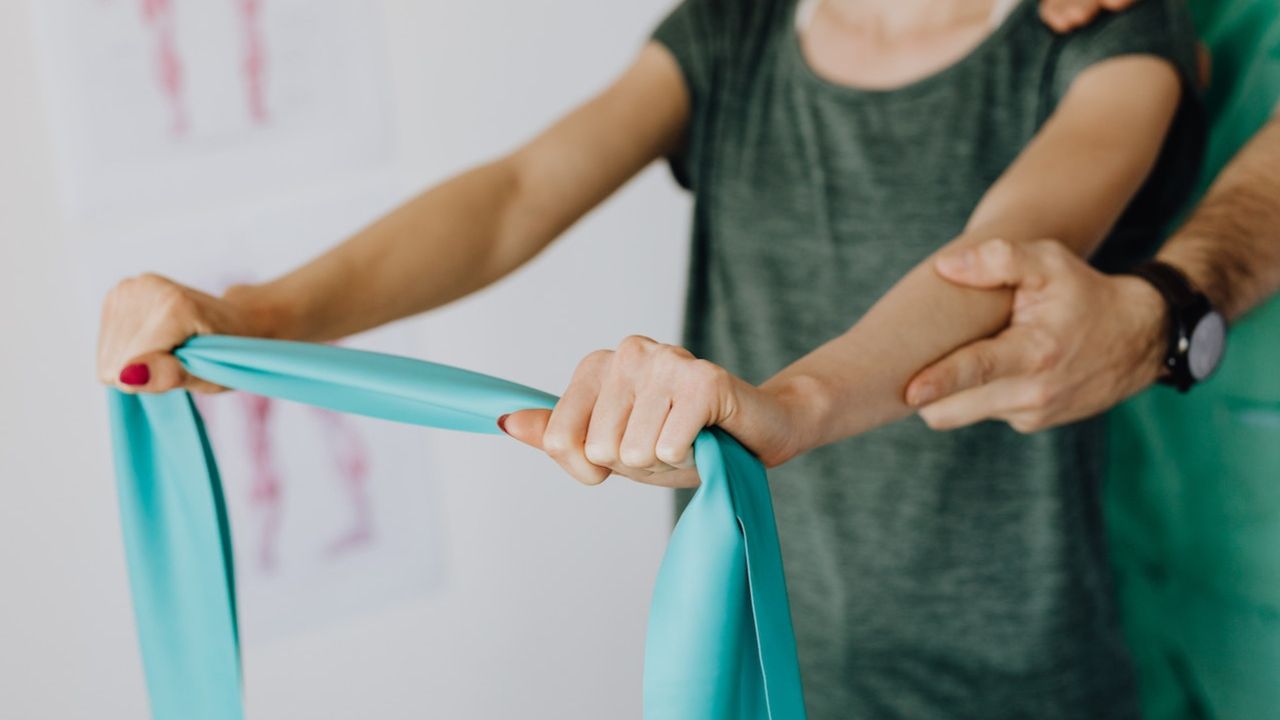
Exploring Alternative Therapies
One viable option to consider when seeking to enhance the rehabilitation process is to explore a variety of alternative therapies. These holistic approaches and alternative techniques can offer additional support and benefits to individuals undergoing rehabilitation.
Here are five alternative therapies worth exploring:
Acupuncture: This ancient Chinese practice involves the insertion of thin needles into specific points on the body to promote healing and relieve pain.
Massage therapy: Through the manipulation of soft tissues, massage therapy can help reduce muscle tension, improve circulation, and enhance overall relaxation.
Yoga: This mind-body practice combines physical postures, breathing exercises, and meditation to promote strength, flexibility, and mental well-being.
Art therapy: Engaging in creative activities such as painting, drawing, or sculpting can provide a therapeutic outlet for self-expression and emotional healing.
Music therapy: Using music as a tool, music therapy can help improve mood, reduce stress, and enhance communication skills.
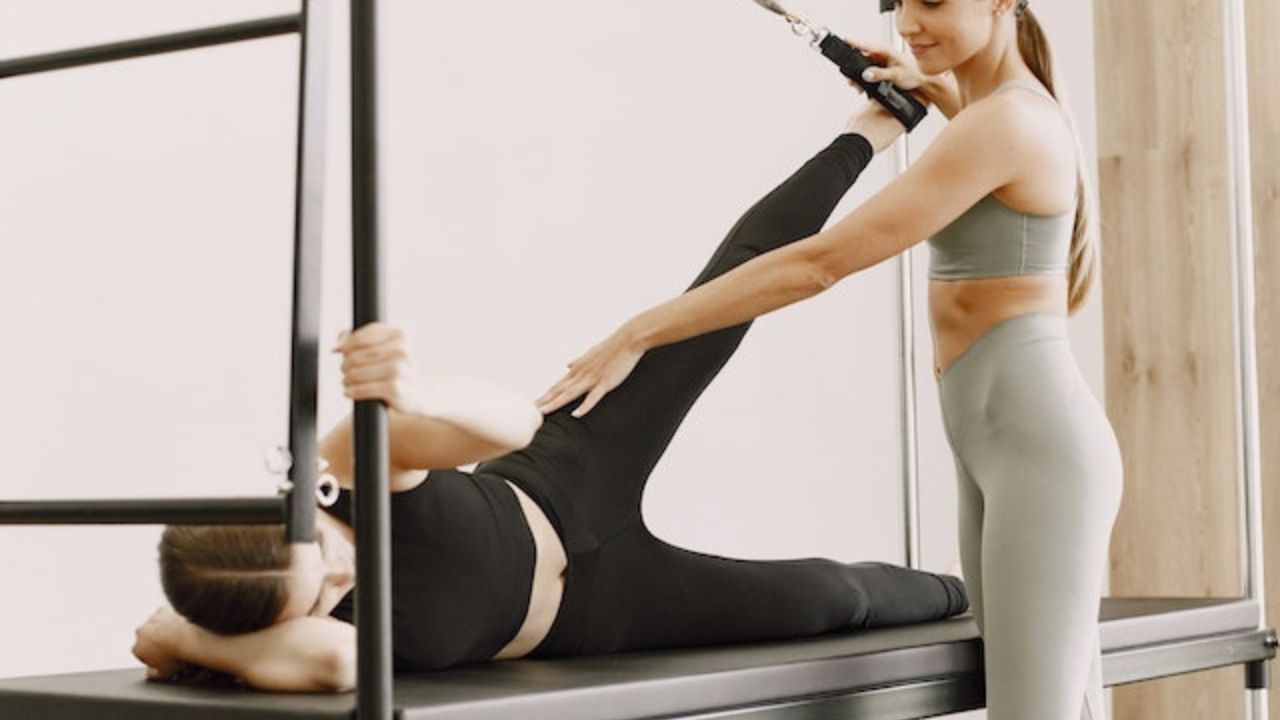
Staying Positive and Maintaining a Growth Mindset
To cultivate a positive mindset and foster personal growth, individuals undergoing rehabilitation must embrace challenges and maintain a growth mindset.
One way to stay positive during this process is through the use of positive affirmations. These affirmations are powerful statements that can help shift one's mindset from negative to positive. By repeating affirmations such as 'I am strong and capable' or 'I am making progress every day,' individuals can rewire their thinking and reinforce positive beliefs about their abilities and potential for growth.
Additionally, embracing challenges is an essential aspect of maintaining a growth mindset. Instead of shying away from difficult tasks, individuals should view them as opportunities for growth and learning. By embracing challenges head-on, individuals can build resilience, develop new skills, and ultimately achieve greater success in their rehabilitation journey.
Frequently Asked Questions
How Long Should I Practice Visualization Techniques Each Day to See Results?
To see results from visualization techniques, it is recommended to practice for at least 10-15 minutes daily. Consistency is key in reaping the benefits, as regular practice enhances focus, motivation, and cognitive abilities.
Can I Set Goals That Are Too Ambitious and Potentially Hinder My Progress?
Setting realistic goals is crucial in rehabilitation to avoid hindering progress. Ambitious goals can lead to setbacks and loss of motivation. Overcoming setbacks requires adaptability and adjusting goals accordingly to maintain motivation.
Are There Any Specific Types of Rewards or Incentives That Are Most Effective in Maintaining Motivation During Rehabilitation?
Types of rewards and effective incentives play a crucial role in maintaining motivation during rehabilitation. By offering personalized and meaningful incentives, individuals are more likely to stay motivated and engaged in their recovery process.
How Can I Find a Support Group or Accountability Partner That Is Specifically Tailored to My Rehabilitation Needs?
Finding a support group or accountability partner tailored to rehabilitation needs entails researching local resources, reaching out to healthcare professionals, or joining online communities. Such connections can provide encouragement, guidance, and shared experiences to maintain motivation during rehabilitation.
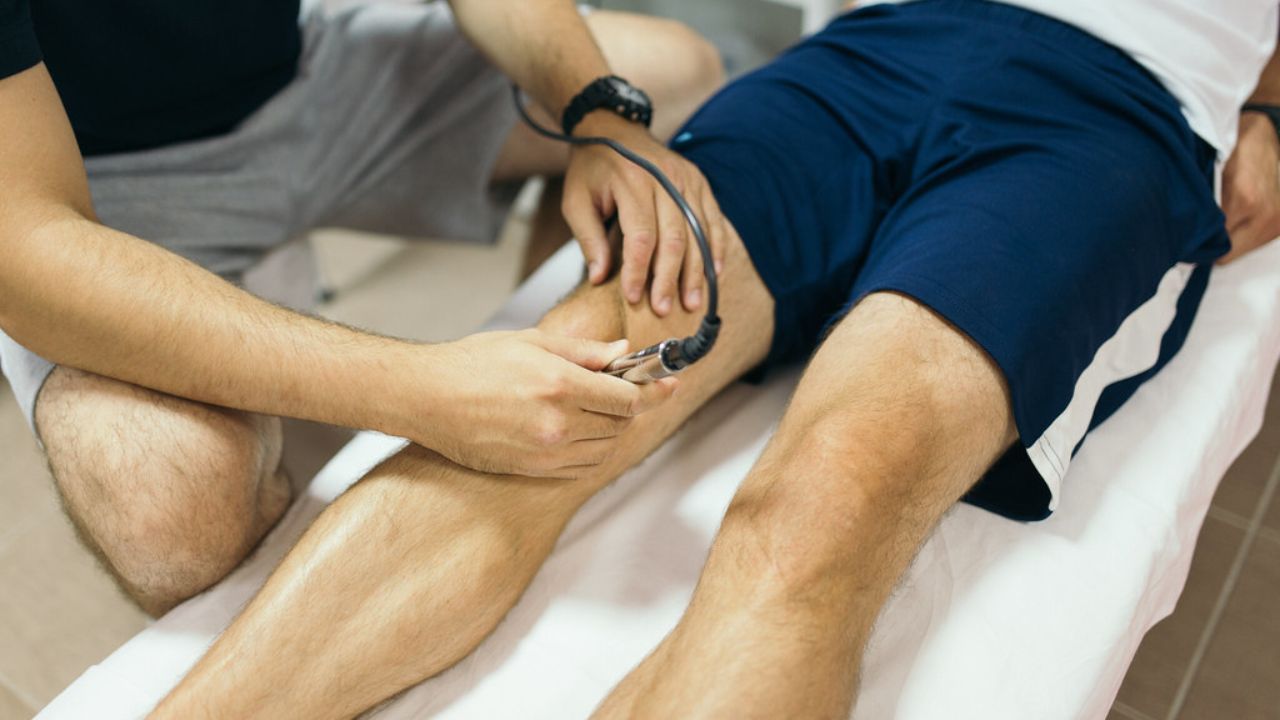
Are There Any Potential Risks or Considerations I Should Be Aware of When Trying New and Exciting Activities During Rehabilitation?
Potential risks and considerations should be taken into account when engaging in new and exciting activities during rehabilitation. It is important to consult with healthcare professionals to ensure safety and minimize any potential setbacks in the recovery process.
 Mobility trainingHome Fitness RecoverySports Injury PreventionPersonal Physical TherapyOrthopedic SolutionsPrivacy PolicyTerms And Conditions
Mobility trainingHome Fitness RecoverySports Injury PreventionPersonal Physical TherapyOrthopedic SolutionsPrivacy PolicyTerms And Conditions
